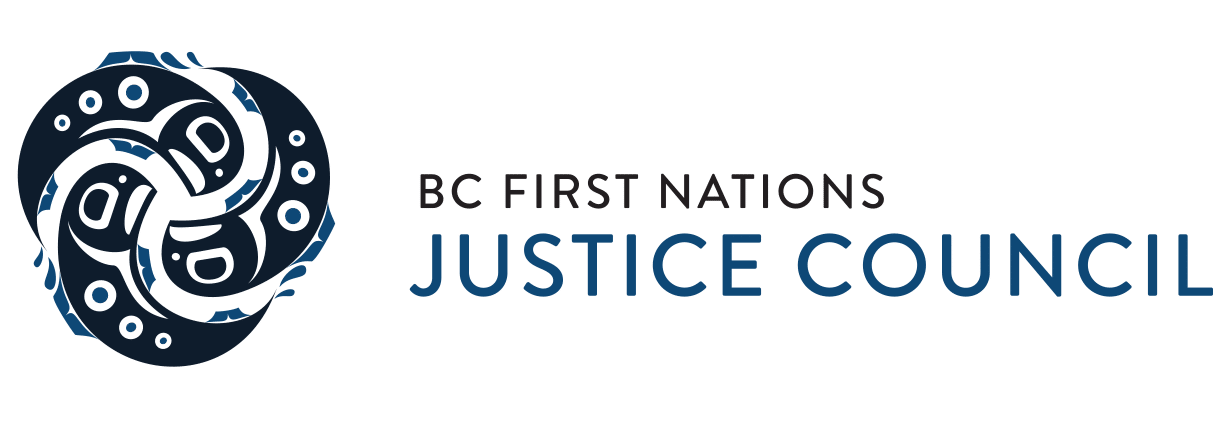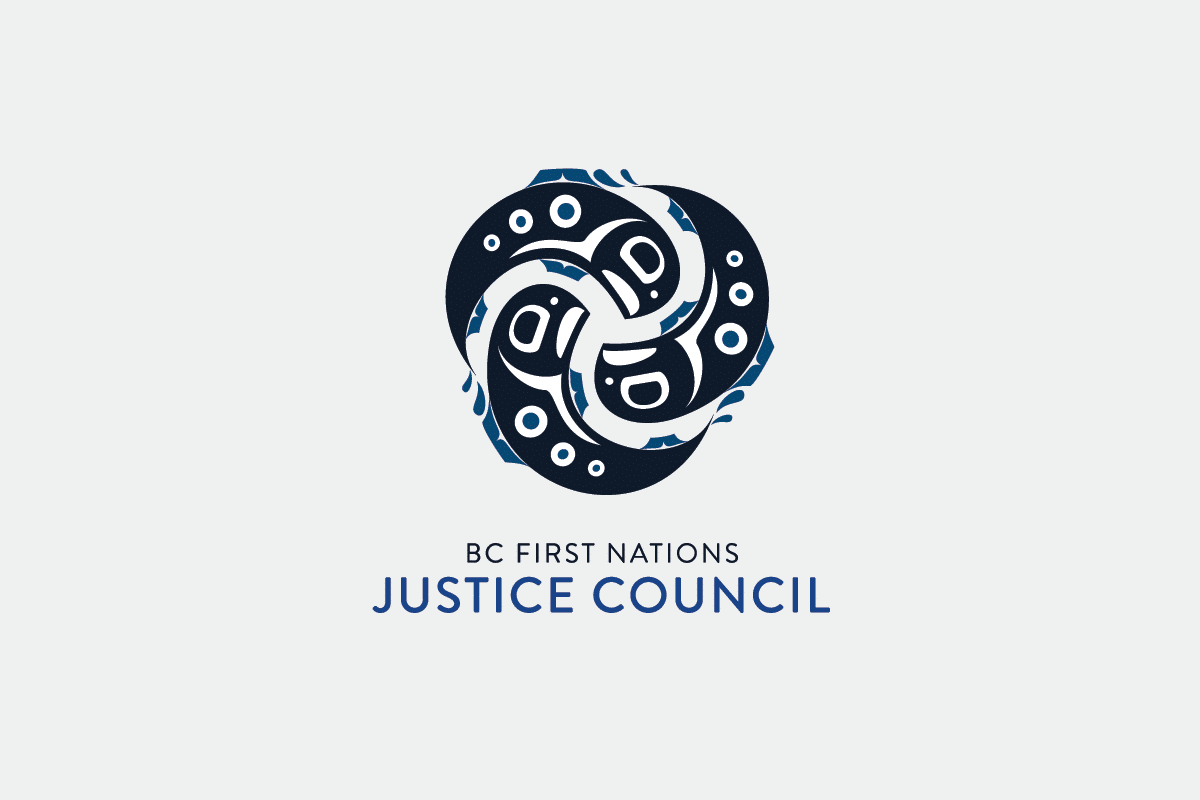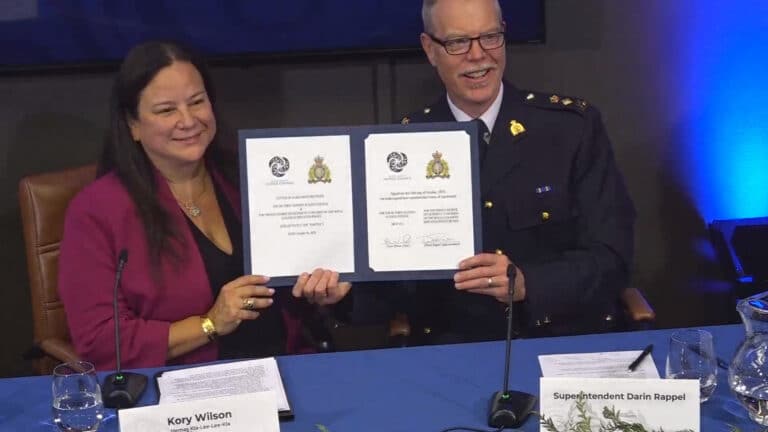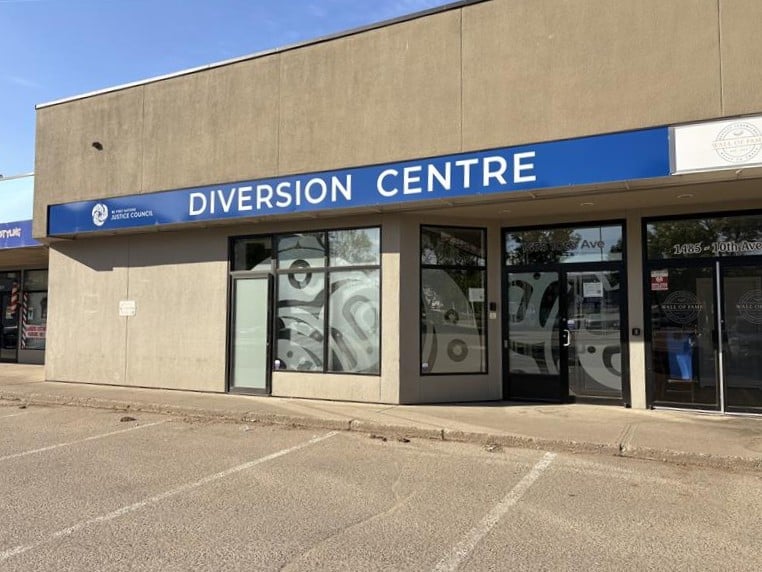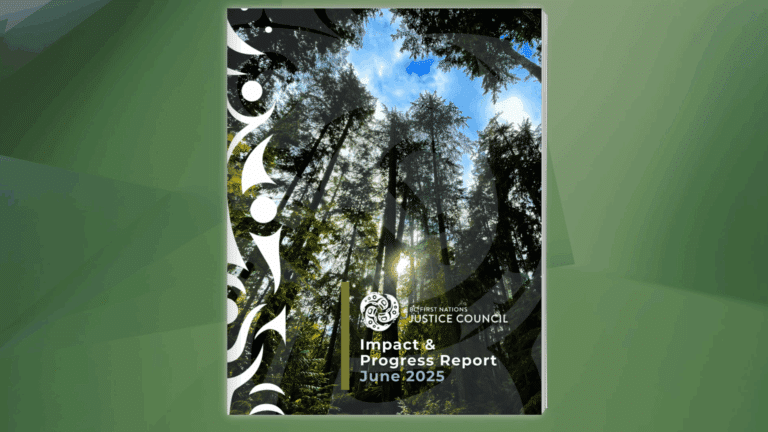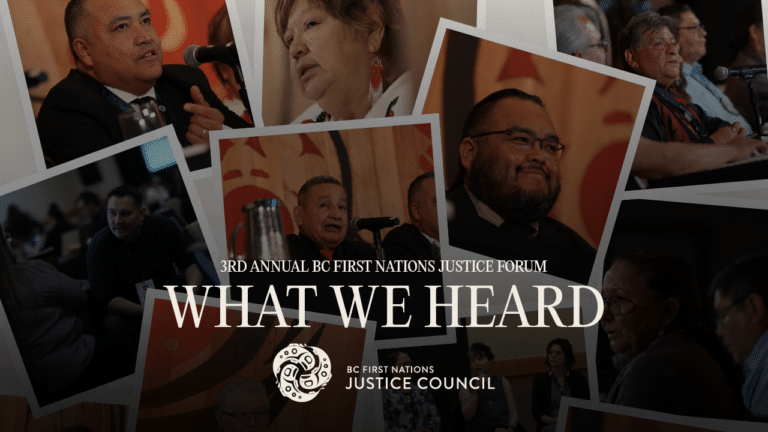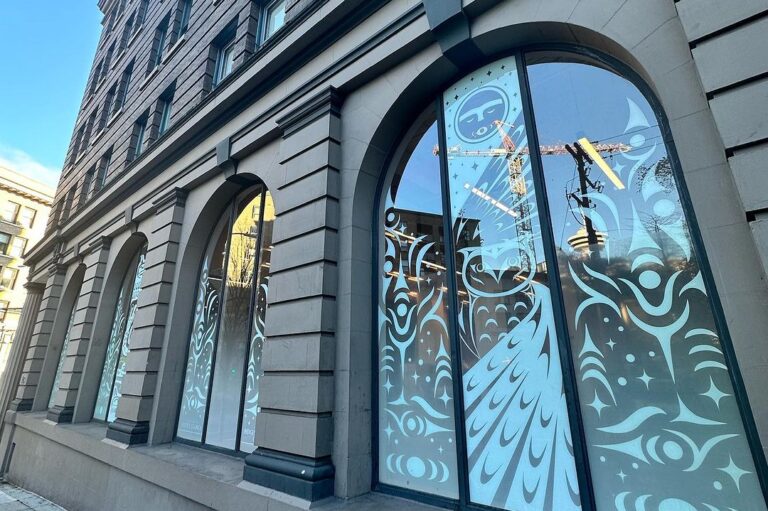INDEPENDENT INVESTIGATIONS OFFICE FINDS NO FAULT FOR RCMP OFFICER RESPONSIBLE FOR THE DEATH OF FIRST NATIONS MAN
BC First Nations Justice Council will establish a police accountability unit
FOR IMMEDIATE RELEASE
November 21, 2022
tkwəɬniwt (Westbank), Syilx Territory/Westbank, BC
The BC First Nations Justice Council (Justice Council) is appalled that, yet again, the Independent Investigations Office (IIO) has found no fault for a police officer who killed an Indigenous person.
On February 27, 2021, an RCMP officer responding to a call on the Opitsaht reserve in Tla-o-qui-aht Territory, shot 28-year-old Julian Jones multiple times resulting in his death. Julian Jones is the second member of Tla-o-qui-aht First Nation who, in less than two years, lost their life to police violence. In 2020, Chantal Moore, a 26-year-old mother, was killed by police in New Brunswick during a wellness check.
Judith Sayers, Director of the Justice Council stated: “The pattern of unaccountability and injustice for Indigenous victims of police violence, their families, and their communities is reprehensible. It underscores the fact that policing oversight is broken. It begs the question, how can we count on colonial oversight bodies, including the IIO, to hold police accountable when they continue to do the exact opposite?”
The BC First Nations Justice Strategy (Strategy 22) calls for new models of structured relations between First Nations and police, and the creation of more community-level police services. Further, Strategy 3 contemplates, among other things, a unique process for First Nations to complain about police. The Strategy was endorsed by the Province of BC in 2020, and by Canada in 2022.
The need for police reform has been recognized by the all-party Special Committee on Reforming the Police Act (SCORPA) which unanimously recommended an overhaul to the patchwork of oversight bodies and called for greater Indigenous-designed community safety models.
The Justice Council has listened to Rights holders and is in the process of creating a specialized policing accountability unit within its Indigenous Justice Centres. Indigenous Justice Centres already deliver wrap-around care for Indigenous people in conflict with the legal system, including legal services in criminal defense and child welfare matters. Our new specialized police accountability unit will include:
- An Indigenous Oversight Liaison who will work with communities and oversight bodies, develop relationships, and assist with investigations. Per the current Police Act (Section 38.08) civilian monitors can be appointed to oversee IIO investigations. Where communities have had members impacted by police use of force (including death), and have appointed a civilian monitor from their community, the Liaison will support Indigenous families at their request and assist through the process. There may be an opportunity, pending community approval, that in the absence of a community civilian monitor appointment, the BCFNJC Liaison would play this role.
- A Family Support Justice Navigator who would assist families with referrals to counselling, grief support, and victim support services. This role will help families gain access to key resources and information, in addition to emotional supports grounded in Indigenous culture and law. This role recognizes that families are greatly impacted when a family member/community member is harmed by the criminal justice system.
- A civil litigation lawyer for police complaints processes, human rights, and civil litigation.
Yesterday, the Province of BC announced an expansion of Indigenous Justice Centres and the Justice Council will now begin engagement with Rights holders to determine how best to roll out this important work.
Boyd Peters, Director of the BCFNJC added, “We acknowledge that too many of our communities and our peoples are affected by the insidious pattern of racism and violence at the hands of those charged with protecting us. Police need to honour and respect our people, laws and processes. They must show up and be part of the solution. We condemn this injustice, and we call on all police service agencies to champion the needed changes to police oversight as envisioned by the BC First Nations Justice Strategy.”
The Justice Council stands in solidarity with the Nuu-Chah-Nulth peoples grieving the outcome of this investigation, and we commit to continued advocacy to ensure police violence comes to an end. We will not rest until that time.
-30-
Background
Strategy 22: Establish new models of structured relations between First Nations, the RCMP, and other police forces, that support new strategic and policy level, as well as community level, and cooperative change, while supporting greater community-level police forces.
As part of the BC First Nations Justice Strategy, which was endorsed by BC in 2020, and by Canada in 2022.
For more information:
Judith Sayers, Director
Direct: 250-415-0387
Boyd Peters, Director
VIA Communications and Engagement
Main: 778-940-1520
Direct: 236-455-0513
[email protected]
About the BCFNJC:
The BC First Nations Justice Council (BCFNJC) was established in 2015 by the 203 First Nations of British Columbia through parallel resolutions of Chiefs assembled in the BC Assembly of First Nations, the First Nations Summit, and the Union of BC Indian Chiefs. The urgent mandate provided by the Chiefs directs the BCFNJC to work to address the failings in the criminal justice system and the child protection system that have so significantly harmed our people, families, and Nations. BCFNJC works collaboratively with BC First Nations, the Province of BC, the government of Canada, and key justice system stakeholders to bring about transformative change to government policy, programming and initiatives related to criminal justice and child welfare.
Visit BCFNJC’s website: https://bcfnjc.com/
Read the full Justice Strategy here: https://bcfnjc.com/wp-content/uploads/2022/04/BCFNJC_Justice-Strategy_February-2020.pdf
